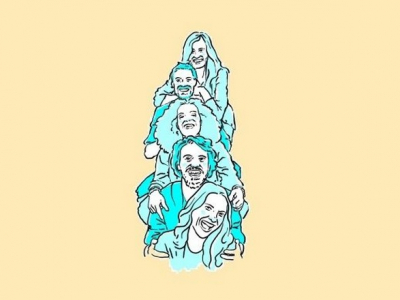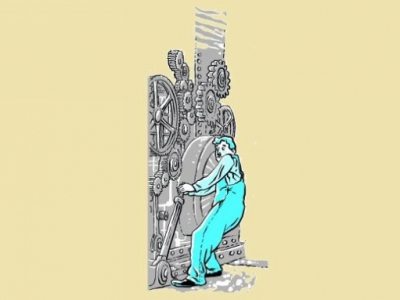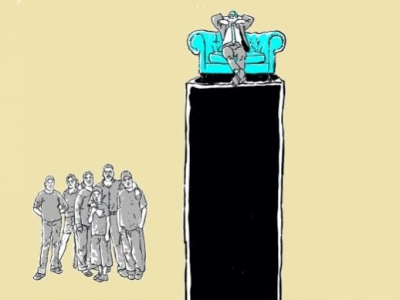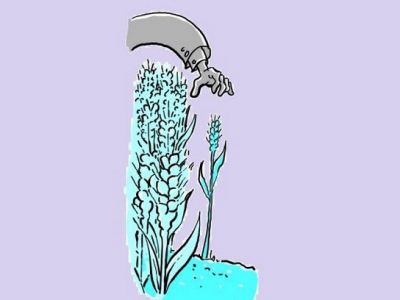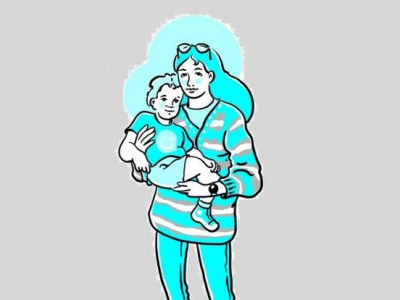The first rule of every economy is the balance between income and expenditure. Good economy starts with income and adjusts expenditure based on it. It is a pity that this is not the case in our country lately...
by Luigino Bruni
published in Il Messaggero di Sant'Antonio on 07/09/2023
One day, while...
stdClass Object
(
[article_layout] =>
[show_title] =>
[link_titles] =>
[show_tags] =>
[show_intro] =>
[info_block_position] =>
[info_block_show_title] =>
[show_category] =>
[link_category] =>
[show_parent_category] =>
[link_parent_category] =>
[show_associations] =>
[show_author] =>
[link_author] =>
[show_create_date] =>
[show_modify_date] =>
[show_publish_date] =>
[show_item_navigation] =>
[show_icons] =>
[show_print_icon] =>
[show_email_icon] =>
[show_vote] =>
[show_hits] =>
[show_noauth] =>
[urls_position] =>
[alternative_readmore] =>
[article_page_title] =>
[show_publishing_options] =>
[show_article_options] =>
[show_urls_images_backend] =>
[show_urls_images_frontend] =>
[spfeatured_image] => images/2023/09/12/Relazioni_terra_promessa@MSA_ant.jpg
[spfeatured_image_alt] =>
[post_format] => standard
[gallery] =>
[audio] =>
[video] =>
[helix_ultimate_video] =>
[helix_ultimate_article_format] => standard
[helix_ultimate_image] => images/2023/09/12/Relazioni_terra_promessa@MSA_ant.jpg
[link_title] =>
[link_url] =>
[quote_text] =>
[quote_author] =>
[post_status] =>
)
